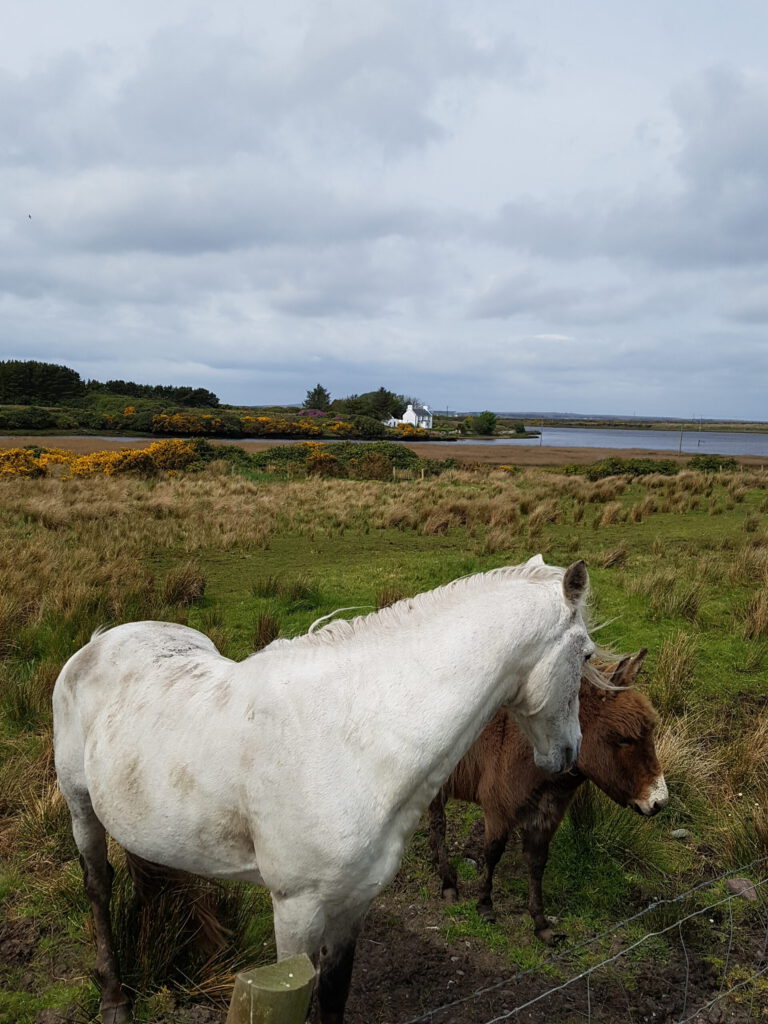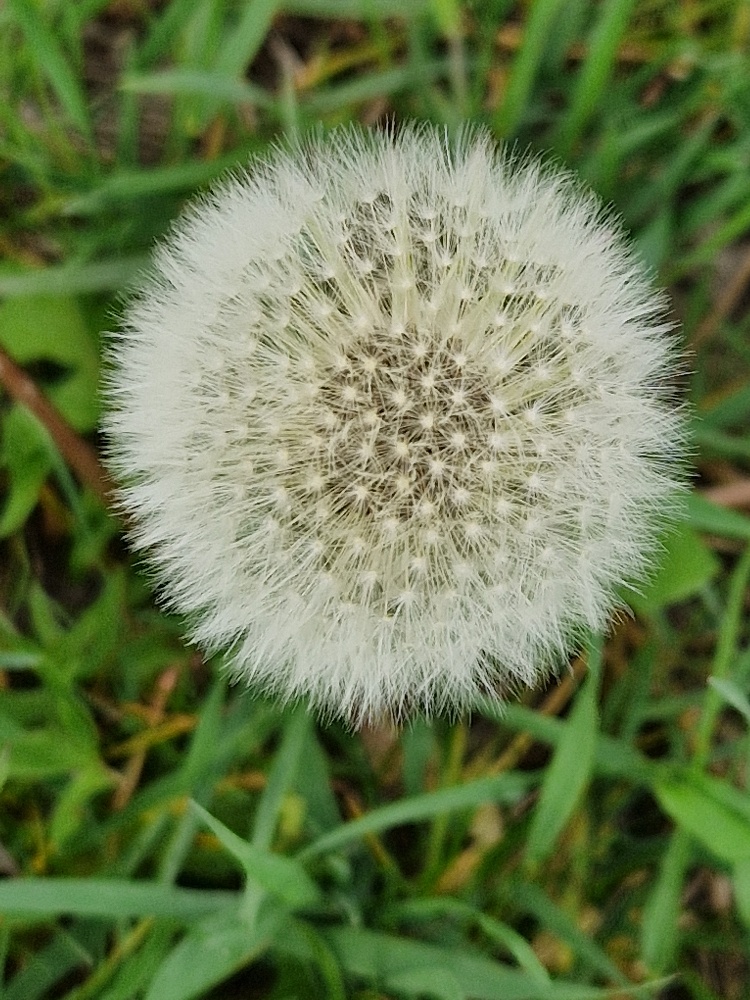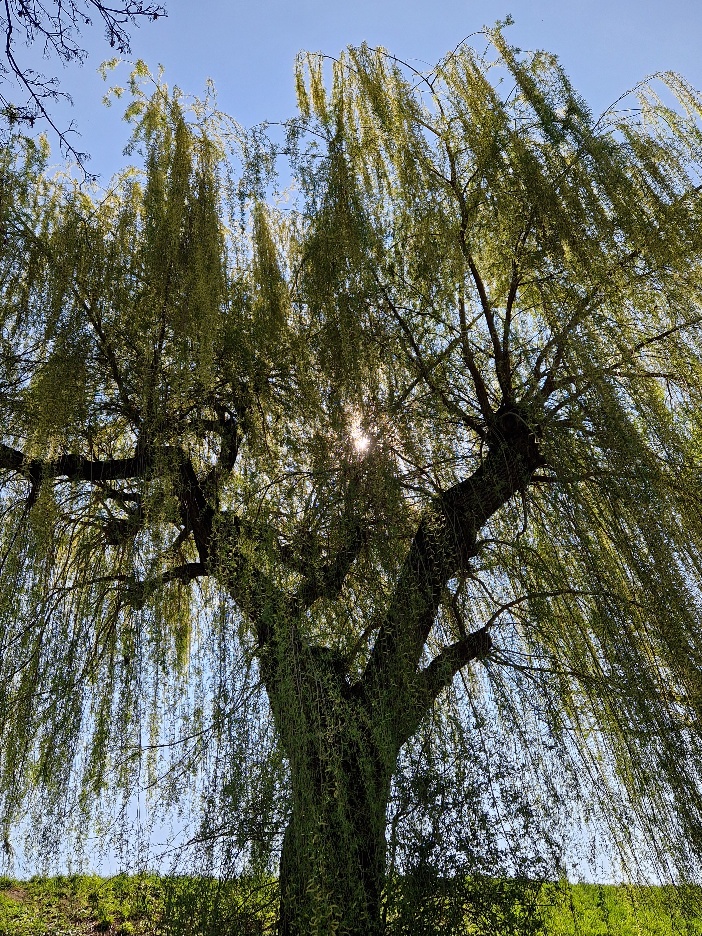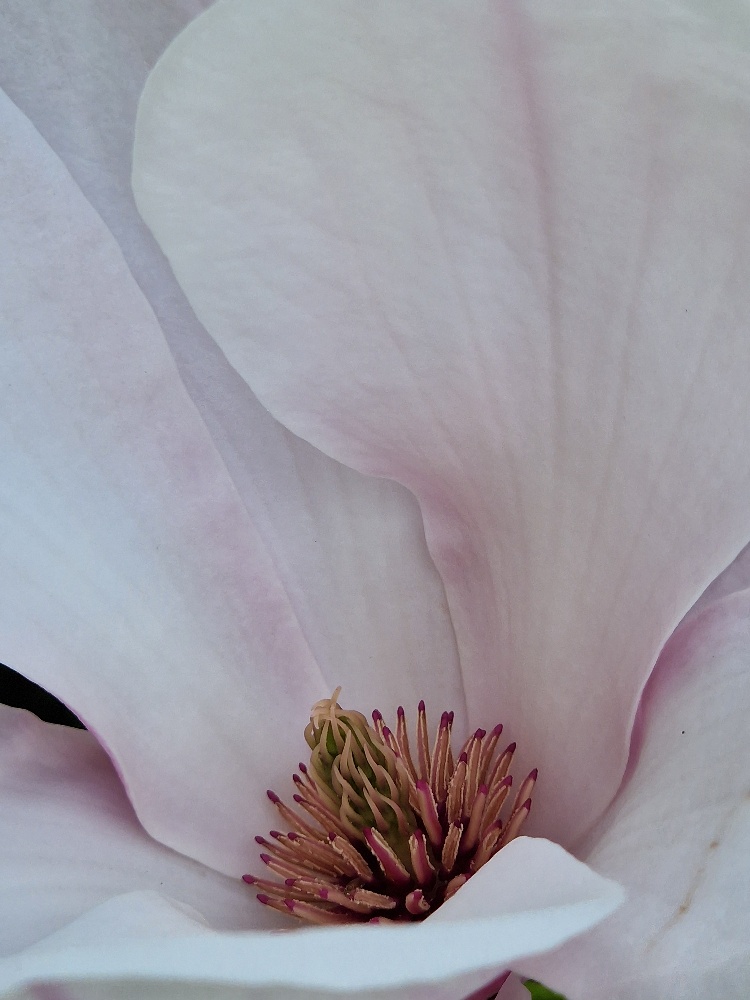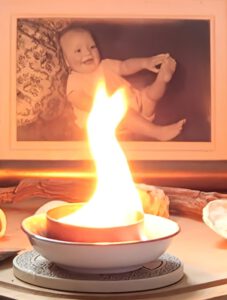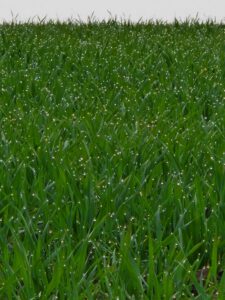Around the world, elders across cultures and peoples were predicting this time would come. It is a time of great uncovering in which Mother Earth and Father Sky are pushing us into a divine reckoning about what it means to be in right relationship with one another and all sentient beings in the twenty-first century and beyond. It is clear to me that the actions we take now will have deep and irreversible consequences for the generations to come….
Jennifer Bailey
Nothing is more important than empathy for another human being’s suffering. Nothing. Not career, not wealth, not intelligence, certainly not status. We have to feel for one another if we’re going to survive with dignity.
Audrey Hepburn
The Four Horsemen of the Apocalypse give the key to the nature of man as we know him. When you understand these symbols thoroughly you will understand your own makeup and you will be able to begin the work of getting dominion over yourself and your surroundings.
Emmet Fox
My attention was recently drawn, not for the first time, to the Four Horsemen of the Apocalypse as an allegory which illuminates various aspects of human nature, their relationship with each other, and life as a whole.
The reason for the allegorical approach, in general, is to convey deeper meaning to any current or future audience, regardless of geography, culture, or historical context. The allegory is the master key that can open any door in the edifice of human experience in any age, while each separate door has, at the same time, a discrete key, matching its own unique context.
Each of the four main human characteristics described in this ancient passage of literature are represented by a horse of a different colour.
The first horse is the ashen-coloured, pale horse, and represents the world of soma, the physical body, the thing that you see when you look into the mirror. By extension it also refers to the world of the material, – money, reputation, position, material comfort, etc.
If I allow this horse to become my taskmaster, – if I identify with this aspect, as I have at various stages of my life, – then devastation is sure to follow. The world of the material is fickle. Circumstances change, material is perishable, people betray us, things don’t turn out as we would have hoped, and the satisfaction brought about by material accomplishments is always fleeting.
In the final analysis, none of us is going to get out of this alive! We are all subject to mortality.
Our culture is very much dominated by the pale horse. Driven by the motivation for material success, status, the accumulation of material wealth, we may well become the first civilization which decides not to save itself due to the insufficient ROI (Return On Investment) in the business case!
The Saboteurs mainly associated with this horseman are the Judge (I’ll be happy when…..), the Hyper-Achiever (my value arises from what I achieve), Controller (either I am in control or out of control), and Avoider (life is too short for entertaining any form of discomfort).
The Avoider can also manifest as the subtle flip side of the preoccupation with self. It is when we become overwhelmed with the demands of the material world and veer towards the `ease and comfort´ of the addictive dynamic. Food, drugs, sex, and any number of preoccupations provide temporary relief from our intuitive recognition of the futility of and the resulting alienation which comes from living primarily for worldly pursuits.
As the Great Prophet suggested: Be in the world, but not of the world.
The second horse is the red horse, red being the symbol of our emotions. The red horse represents our emotional nature, our feelings. Do we have our feelings or do our feelings have us? Recent research in clinical psychology and from the field of neuroscience shows that we are often driven, unconsciously, by scripts which evolved in response to adversity experienced in childhood. Every one of us have had our hearts broken at one time or another.
We have inherited many patterns from our primitive ancestors, who, to survive, needed to be constantly on guard, for example when leaves rustled in the jungle. The reptilian part of our brain, that part which is concerned with survival and therefore fuelled by existential fear, can still be very much active today. In our energy fields, we also carry the collective fears and wounds (trauma) of our ancestors, the innumerable generations who have gone before us.
As Richard Rohr points out: There are only two possibilities, transfer or transform. Due to a lack of awareness, the general pattern has been that of transferring the burden from one generation to the next, even adding to it as we progress.
Thankfully there have always been a handful of awakened ones who have modelled the transform option and, now at the start of this millennium, more and more people are availing of this opportunity, drawing upon the many new discoveries and resources emanating from the fields of clinical psychology, neurology, and somatic therapy modalities.
The problem is not emotions per say. Without emotions, – feelings in motion, – we would be robots, automatons. It is precisely the spice of feelings that adds richness to our human experience. However, it is dangerous to allow our emotions to be in control. Uncontrolled emotion usually leads to suffering.
This means that many of us must revisit our formative years to unearth the survival mechanisms we had developed during that challenging phase. We can explore whether they are still of service to us today. Perhaps they have overshot the mark and become runaway trains. If so, they have become self-serving Saboteurs, fuelled by fear.
If discernment has morphed into judgement, for example, we – and those with whom we engage – are bound to suffer. We may have a Pleaser who tells us that harmony must be maintained at all costs or a Victim who says that self-pity is better than no love at all. Or our Hyper-Vigilant keeps us constantly in red alert mode, to the detriment of our relationships, physical health, and general well-being.
The eminent 20th century Austrian psychiatrist, Viktor Frankl, said: Between stimulus and response, there is a space. In that space lies our freedom and our power to choose our response. In our response lies our growth and our happiness.
A strong emotional nature, and a keen awareness thereof, are splendid endowments if you are the master. If your emotions are mastering you, however, you are riding the red horse which will take you down paths detrimental to your healing, growth, relationships, and the manifestation of your true potential.
The third horse is the black horse. Black represents the intellect. As with the emotions, the intellect is, in and of itself, a wonderful thing. It has brought understanding of many of the wonders of our universe and its inhabitants. Without the intellect, many of the marvels of human creation would never have seen the light of day. From the pyramids to Bach’s fugues to astronomical exploration, the world would be a poorer place for their absence.
Riding the black horse is letting your intellect dominate, to the exclusion of the emotional and especially the spiritual nature. A well-trained intellect is a very good thing, but it is a misfortune to let it be the master.
Western civilization, which now dominates our global community, has been riding the black horse in recent centuries. Since the Middle Ages, humanity has developed scientific intellectual knowledge far beyond the point to which we have developed the moral and spiritual understanding of the race.
Albert Einstein once said that: Everything that can be counted does not necessarily count; everything that counts cannot necessarily be counted. The Stickler and Hyper-Rational Saboteurs will lure us into not being able to see the forest for the trees. The Stickler will insist on there being only one way to tackle any challenge or reach a goal to the exclusion of all other options.
We can see the effect of the rational approach in our collective destructive behaviour vis-à-vis our beautiful planet. Only the short-sighted Saboteurs could bring us to such a predicament.
Finally, the white horse represents our spiritual nature, white being the colour that contains all other colours. The rider of the white horse achieves freedom, joy, harmony, and ultimate happiness. The allegory of the Four Horsemen tells us two very interesting things about the horsemen on the white horse.
This passage of the New Testament says that the rider of the white horse had a bow. The bow and arrow is an ancient symbol of the spoken word. When you speak the word, you shoot an arrow. As in any self-fulfilling prophecy, it goes where you aim it. This is also true of our so-called self talk. Whether you believe you can or you can’t, you are probably right.
The horseman on the white horse speaks the word which has been filtered through the material, the emotional, and the intellectual realms, with reference to our true element, the Presence of the Great Spirit. The rider on the white horse also wears a crown. The crown is the symbol of victory. The rider on the white horse is always the victor.
The term `Apocalypse´ stems from the Greek, meaning `the revealing (of the truth)´. The story of the Four Horsemen of the Apocalypse is a clarion call for living in the awareness and balance resulting from Mental Fitness. If you wish to live in peace and harmony within the larger picture of what it means to be in right relationship with one another and all sentient beings, there is only one way. You must ride the white horse, in vibrant relationship with a Great Spirit of your own understanding.
We ride the white horse in those moments when we have mastered the shift from the fear-fuelled Saboteurs to the love-inspired Powers of the Sage: Empathize, Explore, Navigate, Innovate, and Activate. They flourish in the Sage Perspective which states that any occurrence, circumstance, or event incorporates a gift or opportunity.
This mastery can be achieved through regular, daily practice. The more I incorporate PQ Mental Fitness into my daily life, the more I find myself riding the white horse, even if only momentarily. As with physical fitness, PQ needs to become a choice for life, if it is to be effective.
For more detailed information on PQ Mental Fitness, see the relevant tab at the top of this website.

